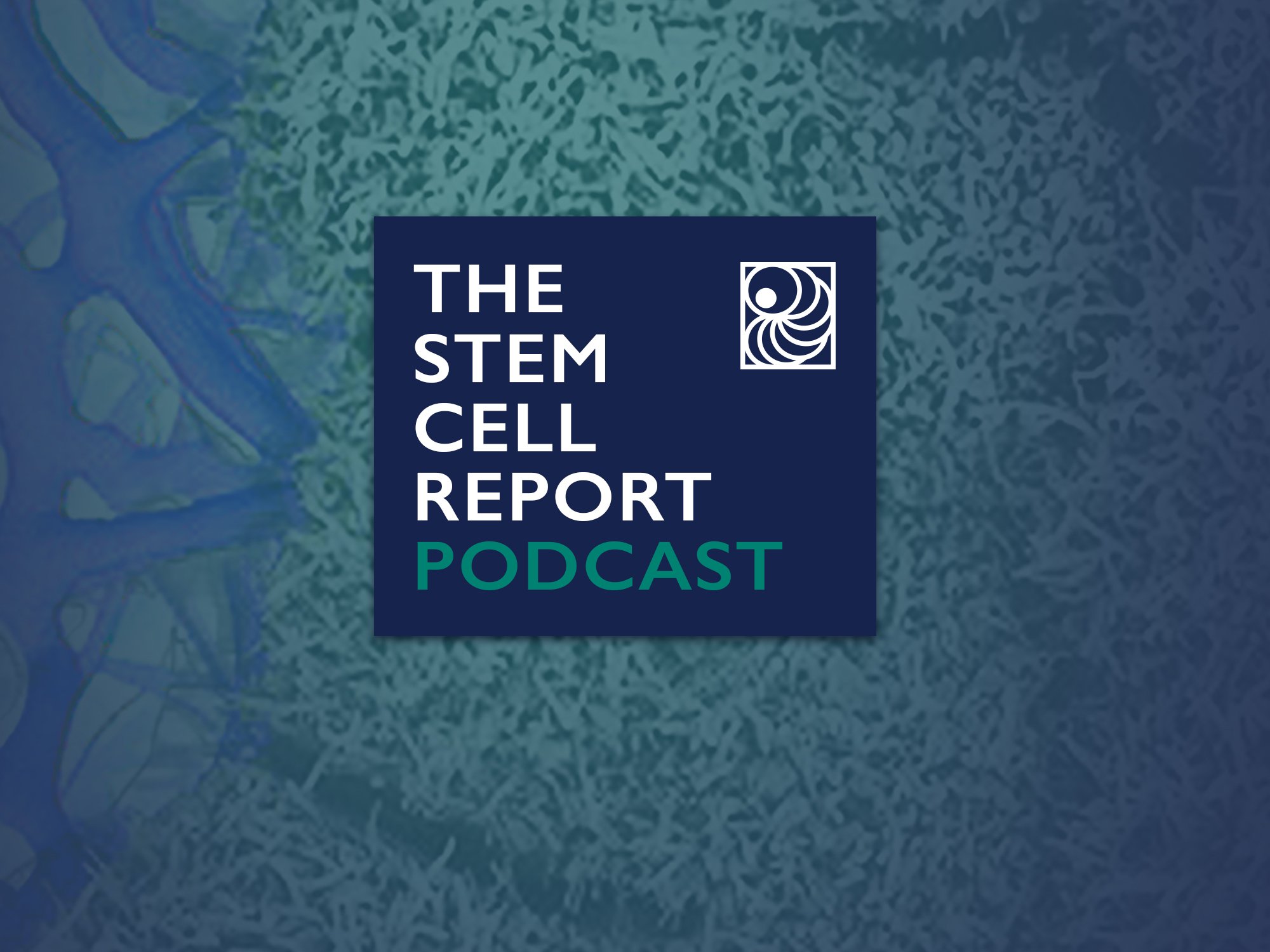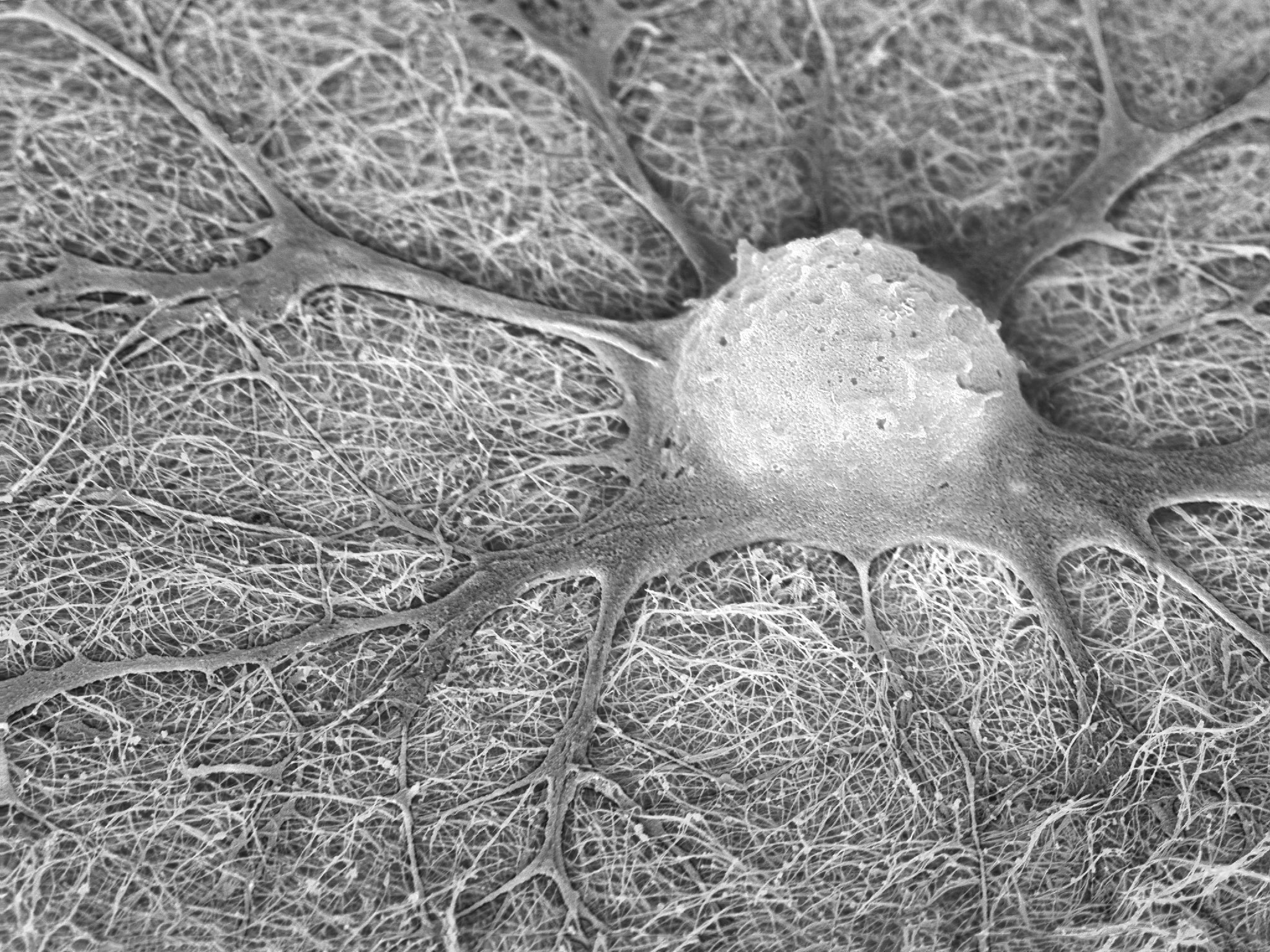ISSCR News

New Podcast Episode. Stem Cells in Space: Muscle Regeneration in Microgravity
Skeletal muscle is one of the most abundant tissues in the human body, representing approximately 40% of body weight. Under certain circumstances, skeletal muscle can be regenerated through satellite cells, a reservoir of quiescent muscle stem cells, that can be activated with injury or in certain diseases and give rise to newly formed multi-nucleated myotubes and myofibers. However, the regenerative potential of muscle is diminished or is completely absent in the course of normal aging, certain diseases, and space travel. For example, time spent in microgravity can have a profound impact on human physiology, especially the muscular system, as astronauts lose up to 20% of their lean muscle mass and up to half of their strength.
The identification of countermeasures against the effects of muscle regeneration, including microgravity, is an increasing priority for an aging population and continued space travel. Experiments in microgravity, conducted on the International Space Station, offer a unique opportunity to understand muscle regeneration and the effects of microgravity. Our guests today will discuss muscle regeneration, their muscle-on-a-chip platform that mimics salient aspects of impaired muscle regeneration, and the feasibility of drug screening in microgravity.

First Large-Scale Stem Cell Bank Enables Worldwide Studies on Genetic Risk for Alzheimer’s Disease
Alzheimer’s disease (AD) is a common, debilitating neurodegenerative disease affecting about 10 percent of people over the age of 65 and one third of people aged 85 and above. Besides environmental factors, the genes have a strong influence on whether or not a person develops AD during their lifetime. Through genome sequencing of DNA from large groups of healthy people and people with AD, some naturally occurring small changes in the DNA, known as genetic variants, were found to be more frequent in AD patients than in healthy people. As more and more of these AD-associated genetic “risk” variants are discovered, it is now possible to calculate a person’s individual polygenic risk score (PRS), meaning the likelihood of the person to develop AD, with high accuracy. Despite this progress, it is still largely unknown how genetic risk variants, or combinations thereof, cause AD in individual patients and more specifically, how risk variants impact the health and function of brain cells.

Stem Cell Reports Announces Five New Early Career Editors
The ISSCR has selected five distinguished early career scientists to serve as new Early Career Editors for Stem Cell Reports, the peer-reviewed, open access, online journal of the International Society for Stem Cell Research (ISSCR).
During their term, Early Career Editors provide strategic advice, participate in the editorial review process, and receive mentorship from current editors. They join other Early Career Editors currently working with the journal.

Muscle in Space Sheds Light on Aging-Related Muscle Loss
To understand the changes of muscle in microgravity, Siobhan Malany, Maddalena Parafati, and their team from the University of Florida, USA, engineered skeletal muscle microtissues from donor biopsies and launched them to the International Space Station (ISS) aboard SpaceX CRS-25. Their findings were published today in Stem Cell Reports.

Stem Cell-Derived “Spinal Cord-Like” Microtissues Afford Personalized Drug Screening
Amyotrophic lateral sclerosis (ALS) is a fast-progressing neurodegenerative disease with an average survival time of three years and no effective treatments. In ALS, motor neurons in the spinal cord, which are required for muscle contractions, die off, leading to progressive muscle paralysis. The molecular causes of ALS are poorly understood, but neuroinflammation, a process of excessive inflammation fueled by immune cells in the spinal cord, is thought to contribute to motor neuron death in ALS. Reducing neuroinflammation may be a tractable way to treat ALS.

Receive ISSCR Press Releases
Sign up be a part of ISSCR’s media list. Media Contact: Kym Kilbourne, Director of Media and Strategic Communications
Subscribe to ISSCR News.
Each month, ISSCR delivers scientific, policy, and community to your inbox .
